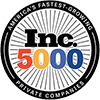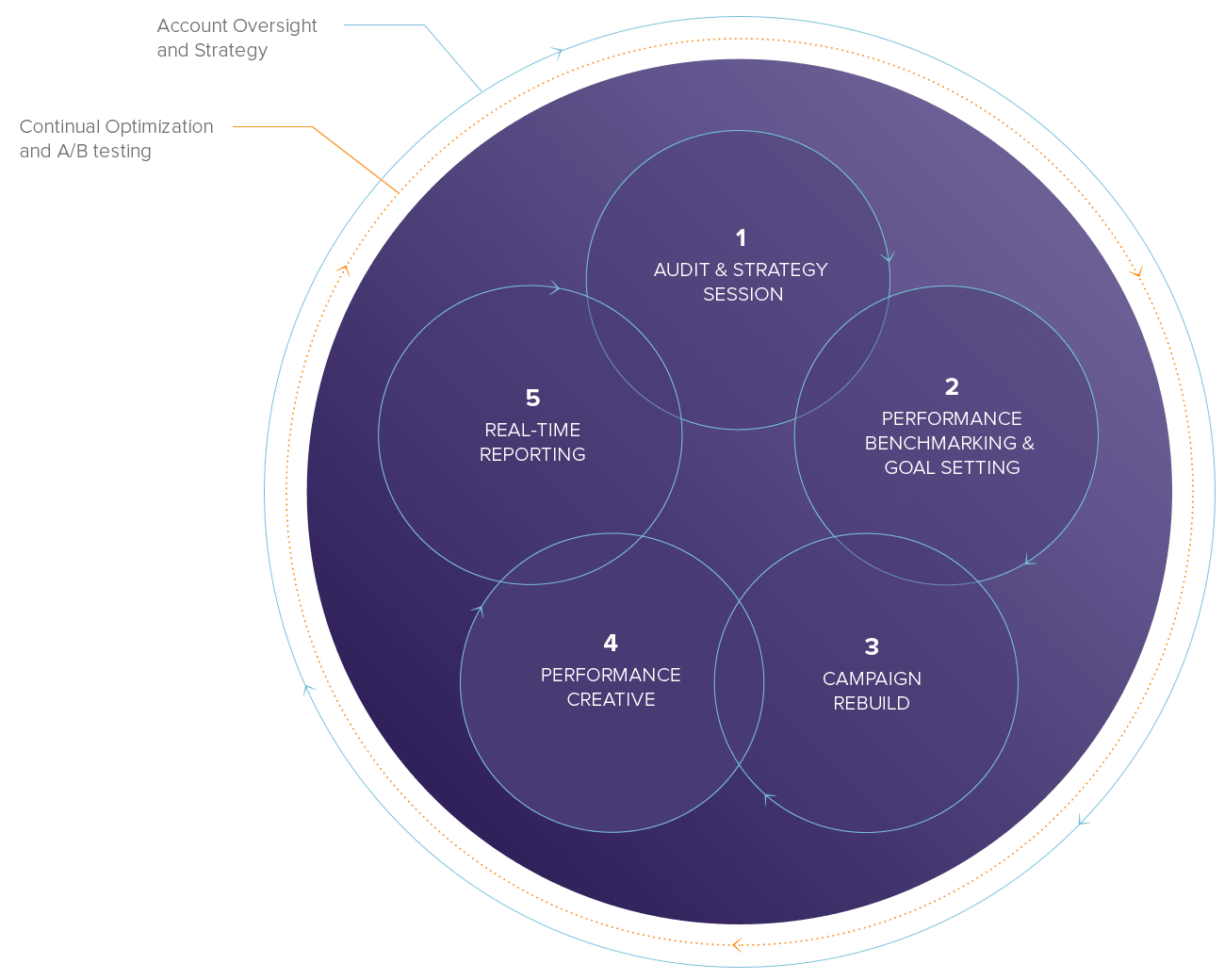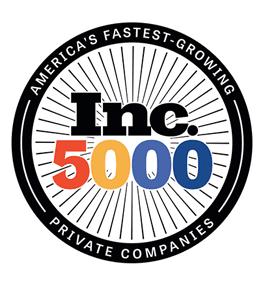Facebook Fix Triggers Paradigm Shift in Social Media
Facebook CEO, Mark Zuckerberg’s recent resolution to “fix” Facebook has caused shock waves with marketers, advertisers, and the business world. The goal is to weed out false news and encourage more meaningful interactions between people. But as a result, Facebook users will stop seeing posts from the companies, publishers, and personalities they’ve chosen to follow. For brands looking to drive revenue, fewer eyeballs mean fewer opportunities for conversion. Is this Facebook’s way of putting the final nail in the coffin of organic reach? Is Zuckerberg’s mandate symptomatic of a larger paradigm shift in social media marketing?
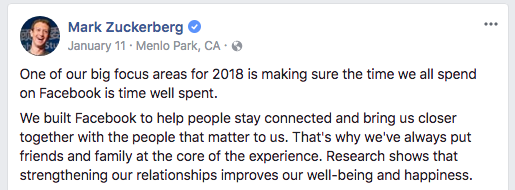
No Connection Like Human Connection
At the heart of social media is the need for human connection and the desire to share interesting and compelling insights with each other. Even when it launched in 2004 as a game for Harvard students, relationship building was at the core of the Facebook experience. Like the invention of the telephone, Facebook helped to bridge miles and strengthen bonds between friends and family. Within a couple years it had grown to 6 million users worldwide. People loved it! From likes and favorites to fans and followers, the platform was designed for positive interactions. News feed content was uncensored, chronological, and free-flowing. Marketers had free rein, measuring success in followers and organic reach. Strategies rewarded quantity over quality and post frequency. Some posting 5-10 times a day, just to stay top-of-mind.
Tell Me What You Like, What You Really Really Like
Like Ellis Island at the turn of the century, by 2012, the Facebook news feed was crowded and noisy. Over 1 billion users took to their keyboards each day. Facebook declared advertising to be the primary source of monetization. To help cut through the fire hose of questionable news stories and constant flood of memes and cat videos, Facebook introduced a news feed ranking system. Its algorithm catered content towards the users own likes, views, and beliefs. Marketers and businesses were hit hardest by this change, experiencing a significant drop in organic reach, even among their own page followers.
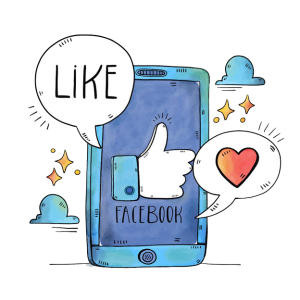
The Sound of Silos
By 2016, regulated content had replaced chronological. Paid impressions had replaced human connections. Hate speech was on the rise. Users were unfriending, unfollowing and blocking at record numbers. Algorithms segmented vast populations of Facebook users into thousands of subgroups, designed to personalize and tailor content into a Pollyannaish news feed of their perceived interests. Further isolating users in echo chambers of confirmation bias and silos of like-minded views.
The Perfect Social Media Storm
Geared with a $100,000 ads budget and an army of “troll” accounts, foreign entities set sail into the perfect storm stirring on Facebook. By now, 40% of the world’s population, 3 billion users, were spending an average of two hours a day using social media. The goal of the Russian influence campaign: sow social divisions (silos) in America by stoking disagreement around controversial topics, including race, gender, class, and creed. And they succeeded. Facebook’s chief operating officer, Sheryl Sandberg recently explained, “Things happened on our platform that shouldn’t have happened,” adding that the company owed the American public “not just an apology, but determination” to address the problem.
Zuckerberg Vows to Fix Facebook
Four days into the new year, Zuckerberg wrote on his Facebook wall, “The world feels anxious and divided, and Facebook has a lot of work to do — whether it’s protecting our community from abuse and hate, defending against interference by nation states, or making sure that time spent on Facebook is time well spent. My personal challenge for 2018 is to focus on fixing these important issues.”
Zuckerberg’s vow to fix Facebook not only means major changes to the platform but also marks a paradigm shift in social media marketing. In an interview with Wired, Facebook’s Vice President in charge of news feed, Adam Mosseri explained why the change is necessary: “What we’re going to try and do is better identify and value meaningful social interactions between people. We want the news feed to be a place where people have conversations, where they connect with people.” While Mosseri recognizes page content as an important part of their platform’s ecosystem, he admits that the change means that “there will be less content (in the news feed) directly from (professional) pages.” The degree of impact will vary from page to page, but most brands can expect:
- Drop in organic reach of Facebook page posts
- Drop in watch time for public video content
- Drop in social referral traffic from Facebook
- Harder work to reach target audience
- To complement organic efforts with paid tactics
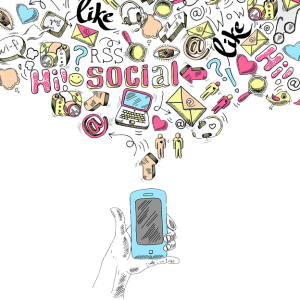 The Paradigm Shift in Social Media
The Paradigm Shift in Social Media
Not just on Facebook but across social media the paradigm is shifting. Consumers are now wielding the power in the realms of marketing. To survive, brands must take time to understand their audience, by listening to what they are saying. And by reaching out as “humans” in meaningful ways that add value to their social media experience.
For marketers, meeting this challenge head-on means throwing away the click-bait and soap boxes. It means turning off the content fire hose and a strategic turn towards the long-term value of social media for empowering each stage of the customer journey.
This will include:
- Embrace The “Messenger” – Social messaging is the next wave in social media. Social messaging apps are mobile messaging clients built around social networking platforms. According to Business Insider, social messaging users on apps like WhatsApp, Messenger and WeChat have already surpassed users on the top four social media apps (Facebook, Instagram, Twitter, and LinkedIn). Marketers simply cannot ignore this emerging trend in social media marketing.
- Chat It Up – With mobile users spending more time than ever in messaging apps, it’s no surprise that Chatbots are changing the way consumers interact with brands. Social chatbots, like Facebook Messenger, are apps used within social media platforms to automate customer service and monetize social channels. There are numerous benefits for businesses, and early integration offers a clear strategic advantage over the competition.
- Know Your Audience – Learn their stories, their struggles, and their successes. Use reporting data to identify and target specific audience segments’ demographics, interests, and online behavior. Build personas, map buyer’s journey, customize content and deliver the right campaigns to EXACTLY the right people.
- Make Engagement Organic – Refocus organic social media efforts to facilitate engagement, brand building, and community management.
- Pay to Play with Social Ads – Today only about 4% of Facebook followers see your posts. Social media marketing is a pay-to-play environment. Allocate budget to boost reach and generate referral traffic, and leave the conversations and engagement to organic social media.
- Employ Social Customer Service – Social media is changing how businesses do customer service and opening new opportunities to improve sales and customer loyalty. The growing preference of consumers for social media as a channel of communication means organizations need to employ a social customer service model.
- Turn Content into Conversations – Embrace the two-way nature of social media using Conversation Marketing. Use content to encourage conversations, observe responses and adjust messaging accordingly.
- Tap into User-generated Content – With organic reach at an all-time low, marketers should tap into the power of their audience with user-generated content (UGC) to help garner engagement, provide social proof and build trust.
Zuckerberg summed it up when he said, “The reason our community exists today is not because we avoided mistakes. It’s because we believe what we’re doing matters enough to keep trying to solve our greatest challenges — knowing full well that we’ll fail again and again, but that it’s the only way to make progress… Bringing us closer together with our family and friends matters, and 14 years in I’m proud of what we do and grateful to be a part of something so meaningful. It’s an honor to be on this journey with you…”






